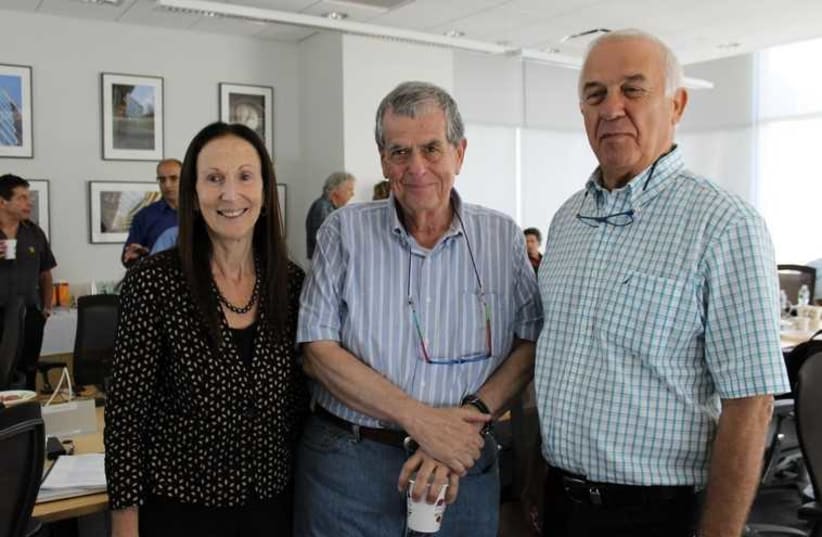NYU and Technion to forge ‘groundbreaking' partnership in cancer research
The joint program aims at attracting additional, world-class support from institutions and individuals who are dedicated to eradicating cancer through focused and efficient research.
